These loopholes are not only a source of anxiety for patients, but also a stern warning for the country's medical training system.
In that context, the organization of an exam to assess the capacity of practicing doctors, in accordance with the spirit of Resolution No. 20-NQ/TW of the 6th Central Conference of the 12th tenure and the amended Law on Medical Examination and Treatment, has become the focus of attention, debate and expectation. This is not only a professional test but also a test for the current system of training, practice, management and supervision in the Vietnamese health sector.
Recently, speaking at a working session with the Ministry of Health on the occasion of the 70th anniversary of Vietnam Doctors' Day, General Secretary To Lam emphasized: Medicine is a special profession that needs to be selected, trained, used and treated specially, and training high-quality medical staff is one of the key tasks of the medical sector. This viewpoint not only shows respect for the noble mission of doctors, but also an urgent requirement for standardizing and improving the medical staff in the new context.
In fact, our country has a large-scale medical training system with 214 training units, including 66 universities . However, without a common standard capable of classifying and screening the true capacity of learners, the national health system will have to pay the price with the health and lives of the people. Organizing a medical practice competency assessment exam is not only a "gateway" to practice, but also a tool for the medical industry to self-reflect, self-regulate, and self-raise standards. It is no coincidence that in developed countries such as the US, Japan, Korea, the UK, etc., the medical practice competency assessment exam has been strictly applied for many decades. They consider this an essential part of maintaining professional standards, ensuring patient safety, and effectively controlling the quality of medical practice.
Although Vietnam is behind, this delay needs to be taken seriously and systematically. This is not only a “filter wall” for practitioners, but also a lever for comprehensive reform right in the classroom. The exam also creates fairness between doctors trained from different schools, both domestic and foreign; ensuring that all medical practitioners must reach a minimum threshold of knowledge and skills.
According to the roadmap, from 2027, the exam will be applied to doctors; from 2028 to physicians, nurses, midwives and from 2029 to medical technicians, nutritionists, emergency room workers and clinical psychologists. This is a carefully calculated roadmap to both create change and avoid sudden disruption. At the same time, the National Medical Council is building a systematic, highly differentiated exam bank, ensuring science and practice.
Many medical students and lecturers expressed that adding an exam would increase pressure, and could even lead to a situation of "studying and taking exams to cope", wasting both time and money... That concern is not unreasonable, but looking further, this exam is an opportunity for the medical industry to seriously look back at itself. This is not only a final skills test, but also an extension of the medical training process in a competency-based direction, requiring a close connection between the health system, disease models and health care needs of the people, the output capacity of learners and the training program.
If organized systematically, transparently and associated with comprehensive reform, this exam will be a strategic step forward for the Vietnamese medical industry to reach international standards, focusing on quality and patients. Thus, an exam, if done correctly, will not only standardize the medical profession but also standardize social trust. It is time for the medical industry to choose: continue to maintain a system that produces "theoretical doctors", or accept change, accept screening for the sake of the survival of patients and the honor of the medical profession.
Source: https://www.sggp.org.vn/chuan-hoa-nguon-nhan-luc-nganh-y-post800720.html




![[Photo] Cutting hills to make way for people to travel on route 14E that suffered landslides](https://vphoto.vietnam.vn/thumb/1200x675/vietnam/resource/IMAGE/2025/11/08/1762599969318_ndo_br_thiet-ke-chua-co-ten-2025-11-08t154639923-png.webp)





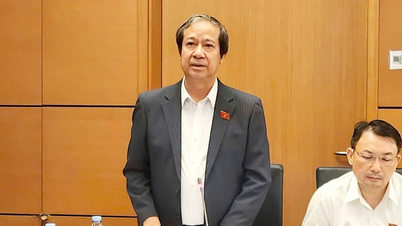
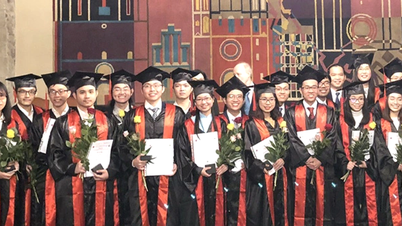

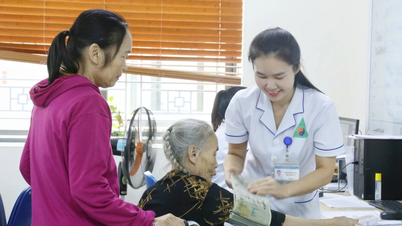

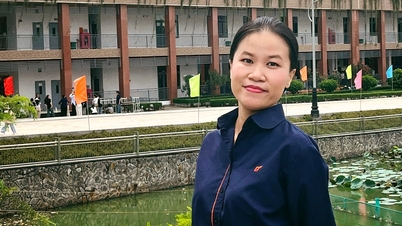
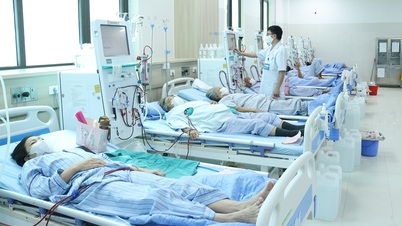









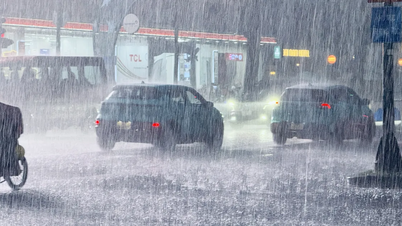
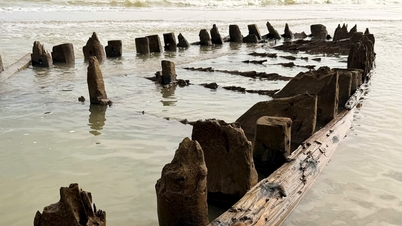





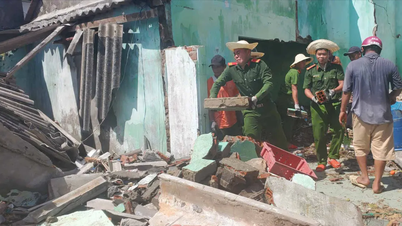

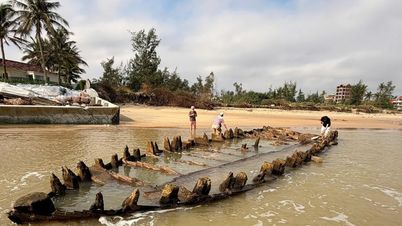
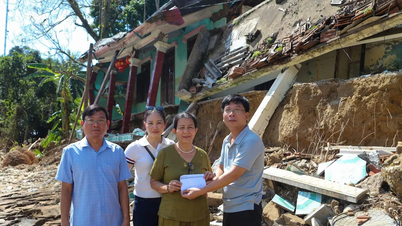
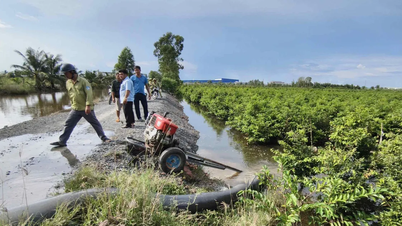
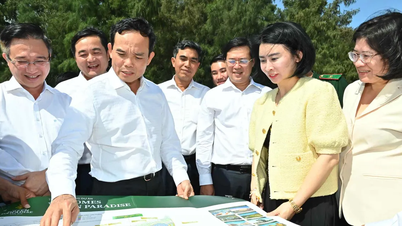
![[Photo] "Ship graveyard" on Xuan Dai Bay](https://vphoto.vietnam.vn/thumb/1200x675/vietnam/resource/IMAGE/2025/11/08/1762577162805_ndo_br_tb5-jpg.webp)








![[Video] Hue Monuments reopen to welcome visitors](https://vphoto.vietnam.vn/thumb/402x226/vietnam/resource/IMAGE/2025/11/05/1762301089171_dung01-05-43-09still013-jpg.webp)































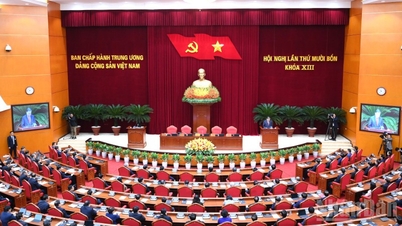


















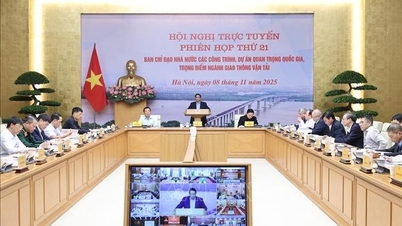

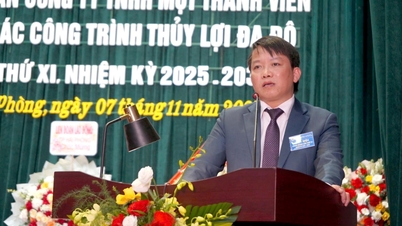
















Comment (0)